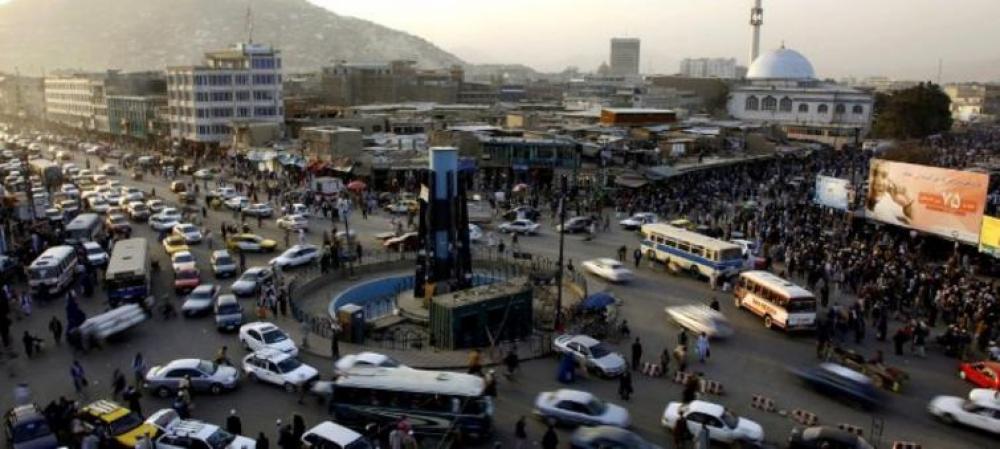Just Earth News | @justearthnews | 01 Jun 2019

Kabul (Sputnik/UNI): The leader of the Taliban movement, Mullah Haibatullah Akhundzada, has accused Kabul, which the group believes to be manipulated by the United States, of attempting to hamper intra-Afghan dialogue, but stressed that the Taliban would simply ignore all such attempts.
"The Kabul administration is trying to sabotage dialogue between the Islamic Emirate [the Taliban] and Afghan political figures by seeking prominence. The Islamic Emirate shall pay no heed to such futile efforts and diplomatic obstructions being created for the intra-Afghan dialogue," the Taliban leader said in his annual message ahead of next week’s Eid al-Fitr holiday, which marks the end of the holy Muslim month of Ramadan.
Akhundzada reiterated that the Taliban would not lay down its weapons until the United States withdraws its troops from Afghanistan, which is one of the conditions of the peace deal, currently negotiated by the two parties.
"[The Taliban] with its peaceful policy invites America to adopt a policy of reason and understanding, to remain a sincere partner in the negotiations process and accept the logical proposals of the Islamic Emirate for advancement of this process. No one should expect us to pour cold water on the heated battlefronts of Jihad or forget our 40-year sacrifices before reaching our objectives," the Taliban leader said, giving his first public comments on the US-Taliban negotiations.
Akhundzada also noted that the group no longer strove to unilaterally seize power in Afghanistan, but wanted the country to have the kind of government that would represent the entire nation.
"[The Taliban] does not seek monopoly over power. We believe that all Afghans shall genuinely see themselves represented in the government. The Islamic Emirate shall positively utilize reforms in light of Islamic principles regarding the present structures for future Afghanistan," the Taliban leader said.
During this week's intra-Afghan conference in Moscow, which was attended by representatives of the Afghan public and political forces, the Taliban have refused to agree on a ceasefire for the Eid al-Fitr holiday.
The group, which refuses to hold direct talks with official Kabul, said that it would not target Afghan forces during the holiday, but would focus on attacking foreign troops instead. At the same time, the Taliban said that ceasefire negotiations would continue.
The Taliban movement has been one of the major forces opposing Kabul in the government's long-standing confrontation with various rebel and terror groups. The Taliban seized power in Afghanistan in 1996, and the United States deployed its troops to the country in 2001 to fight al-Qaeda terrorist organization (banned in Russia) in retaliation for the 9/11 attacks. The US forces eventually overthrew the insurgents, saying that the country had become a safe haven for al-Qaeda while the Taliban were in power.
Since then, the United States has been supporting Kabul in its anti-terrorist operations against the Taliban insurgents. In recent months, however, the Taliban and Washington have been engaged in regular peace consultations. There have been a total of six rounds of talks, with the latest one concluding in Doha in May.
The two sides are trying to reach a peace deal, which envisages the withdrawal of foreign troops from Afghanistan, a permanent ceasefire and assurances from the Taliban that the country will not be ever again used as a safe haven for terrorists who threaten the United States and its allies.